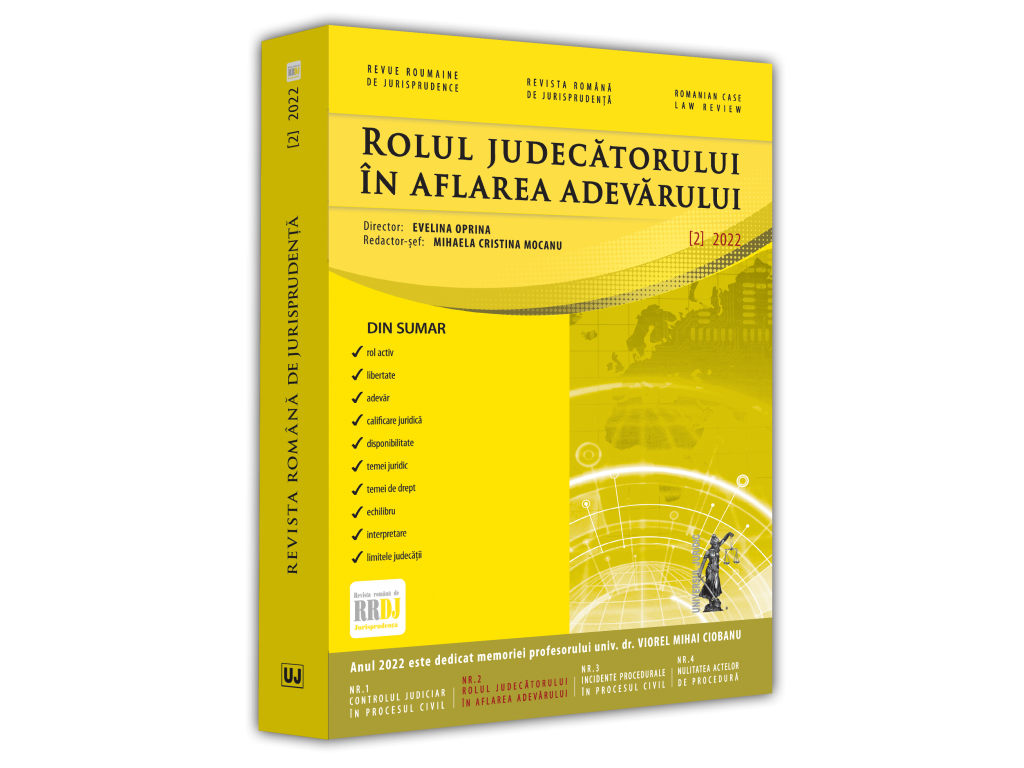Invalidity of the GMS resolutions concerning the increase of the share capital and the co-optation of a new shareholder, respectively the transfer by the shareholder of a number of shares to the new shareholder, based on fraud to the law. Distinction betw
JURISPRUDENȚĂ COMENTATĂ ȘI ADNOTATĂ
Abstract
The appellant submits, without foundation in law, that the respondent has relied on the provisions of Article 205 and Article 202(1) and 203 of Law No 31/1990, circumventing the provisions of Article 202(2)-202 para. (22) and (24) and Article 62 of Law No 31/1990, concerning the manner of transfer and the time of transfer of shares to persons outside the company, the circumvention of those legal provisions having as its objective to defraud the interests of interested third parties, including the defendant's creditors, in the present case the appellant-appellant having commenced an enforcement action against the defendant with which it had concluded credit agreements. Basically, according to the appellant in the present case, the fraud of the law consisted in using a legal means, namely the provisions of Articles 205, 202 para. (1) and 203 of Law No 31/1990, in order to circumvent the procedure laid down in Article 202(2)-202 para. (22) and (24) and Article 62 of Law 31/1990.
However, the Court held that, even in this case, it is not possible to find fraud in relation to the law because the defendant did not infringe a mandatory legal provision, but a suppletive one, and by proceeding in that manner it could at most damage the particular economic interests of the plaintiff creditor, in which case, however, the interest infringed is not a general one, but a particular one of the creditor, the fraud of the creditor being at most given if the conditions for creating or increasing the insolvency of the plaintiff debtors are given, and not fraud in relation to the law.








